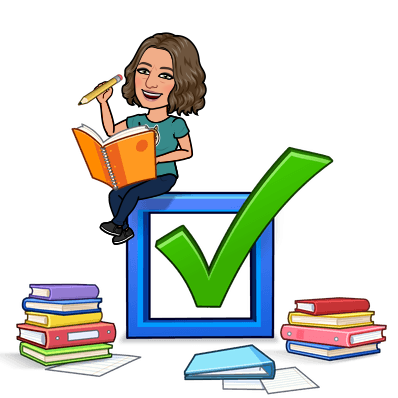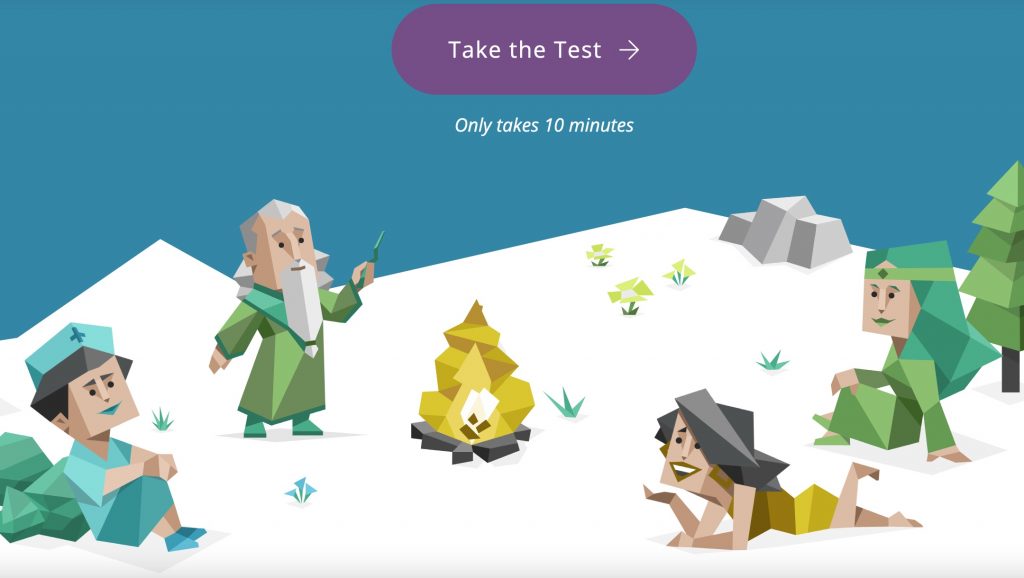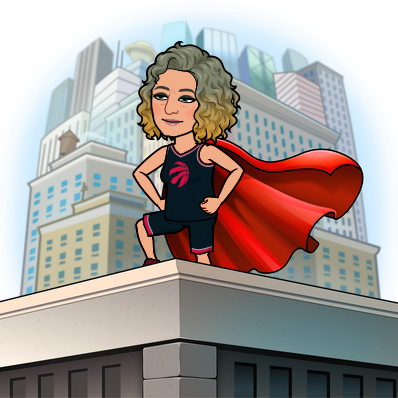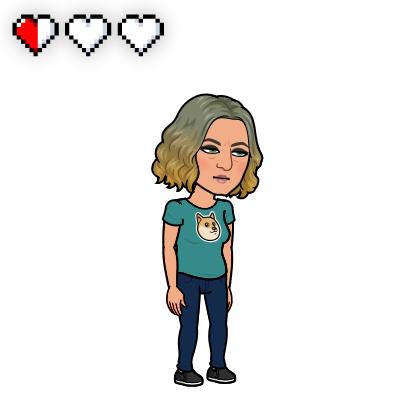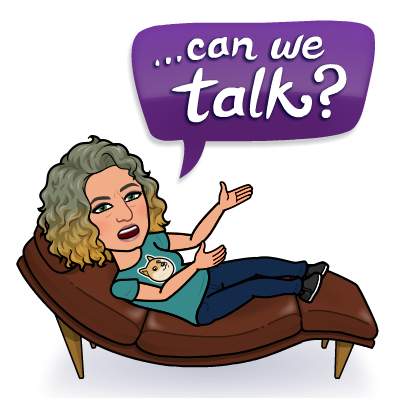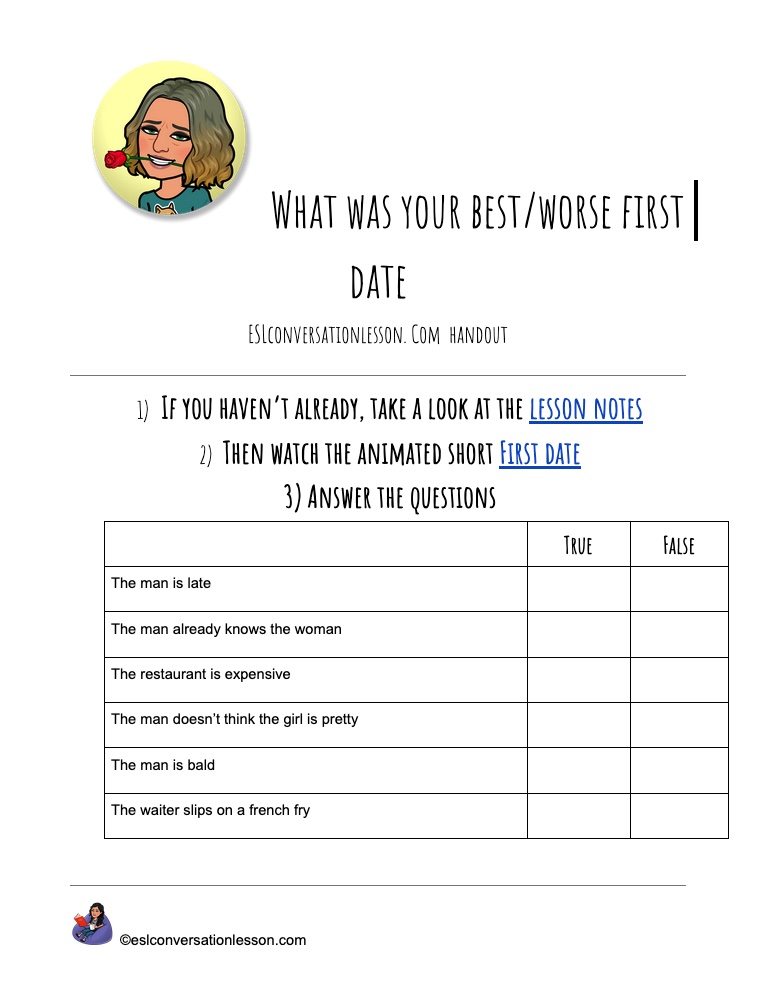Let’s talk about gratefulness: the good, the bad and the ugly.
- Level: A2, B1, B2, C1
- Text comprehension
- Handout 0.99$ on TPT
- Language focus: prepositions, vocabulary building
- Media: Article and video
Is it me, or does gratefulness seem to be the miracle serum of the millennium? Everywhere I look, someone is singing its praises. Instagram posts, articles, scientific and not-so-scientific, books, shorts, reels, TED talks, you name it, and there’s a gratitude champion behind it. Want to rewire your brain for happiness? Gratefulness. Hoping to live longer, control inflammation, push away degenerative brain afflictions? Gratefulness. It seems to be the miracle balm of our century.
Authenticity vs. Gratefulness
Don’t get me wrong.–I am authentically grateful for many, many things in my life. I have genuine awe for little things, like the poetry of the billowy plumes that float over buildings on cold winter days, the comforting hum of my family bustling around while I’m cooking dinner, my dog’s deep soul-soothing snores, and gossiping with my mother. And of course, the sun–how can you not be grateful for the sun?
But there are days when stress takes the wheel. Days where you watch loved ones slip away into Alzheimer’s, when people say goodbye to their pets, their friends, or–unthinkably–their children. On those days, life can be downright cruel.
And you know what, I think it’s ok to let it suck. To sit with the pain and be human–without the looming guilt of neglecting your gratefulness practice. Life can be heavy and you don’t always have to look for the silver lining.
When the Clouds Move Over
That said–and I think it needed to be said first–when the clouds part and life finds its way to a steady plateau, practicing gratefulness (or as I tend to think of it–hunting silver linings) can truly brighten a day that much more. I also believe in the “practice” of gratefulness much like one practices meditation or yoga. I think we have to make a conscious effort to see the little things that make us feel safe, happy and comforted. Otherwise is it all too easy to see the glass-half-empty version of our lives.
But mostly it is a fairly easy topic to generate thoughts–and discussion.
The lesson that follows features a simple yet insightful article by Positive Psychology. com. I chose it not because I want to turn this blog into a therapeutic resource (except for me), but because I hope you will find the language relatively accessible.
Warm Up
The article features the Iceberg of Gratitude. I would use this as a pre-reading exercise and perhaps do a quick word association.

Read the article: What is Gratitude and Why Is It So Important? by Tiffany Sauber Millacci, Ph.D.
You can download the Teachers Pay Teachers handout for comprehension questions, or simply use these discussion questions.
Discussion Questions
- Why do you think some people feel disappointed instead of grateful?
- How can gratitude make life better for you?
- What is one thing you have that you consider a blessing?
- Why is practicing gratitude difficult for some people?
- Why do you think some people feel disappointed instead of grateful?
- What are different ways you can express gratitude?



